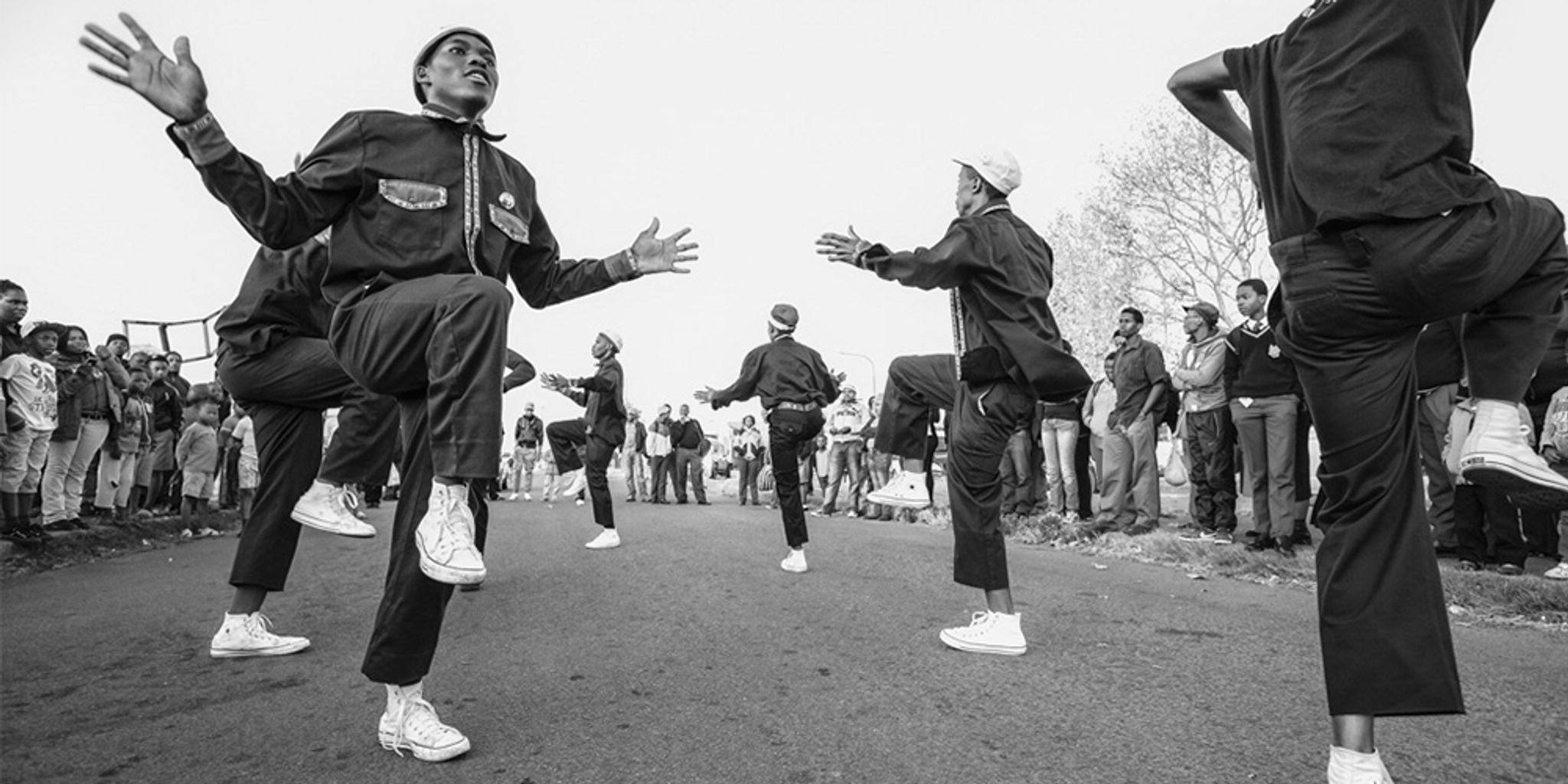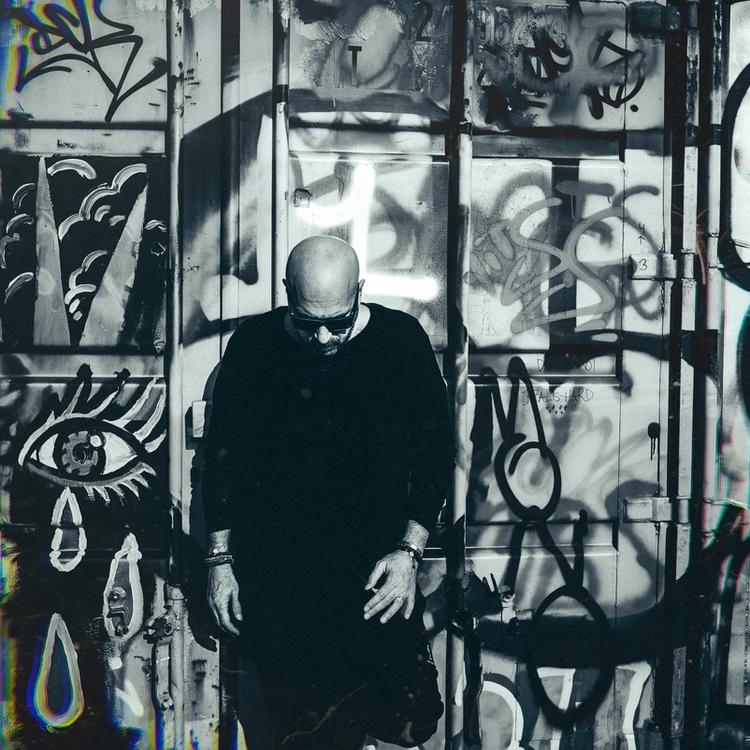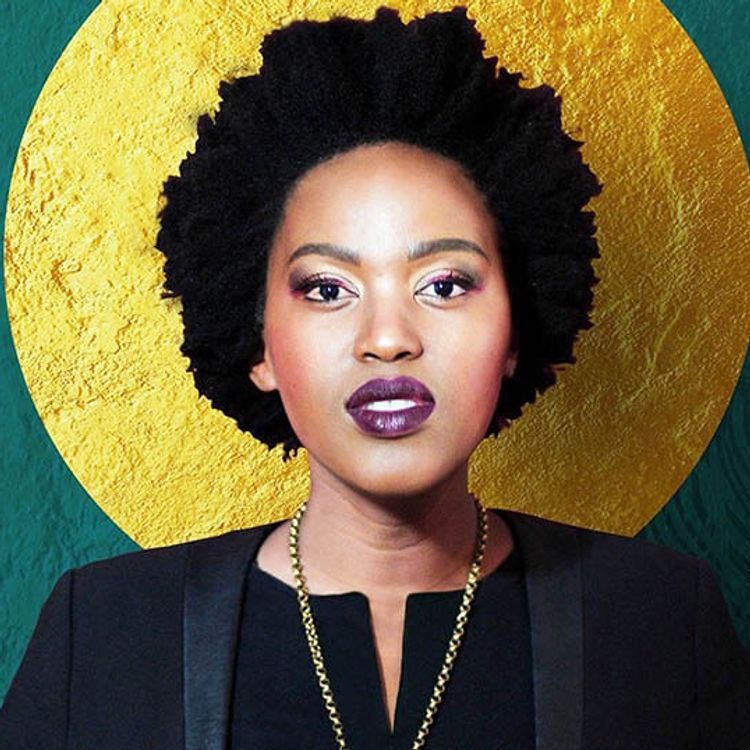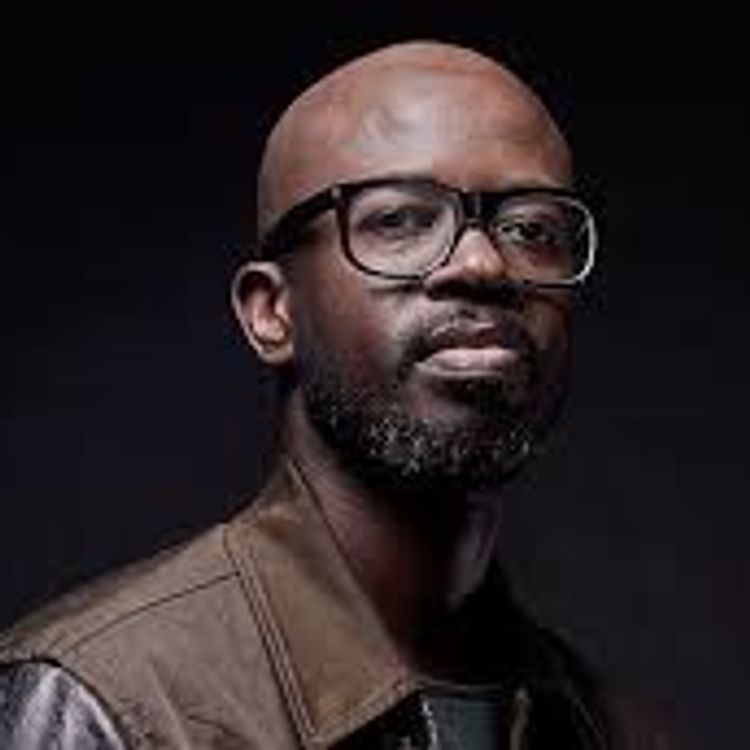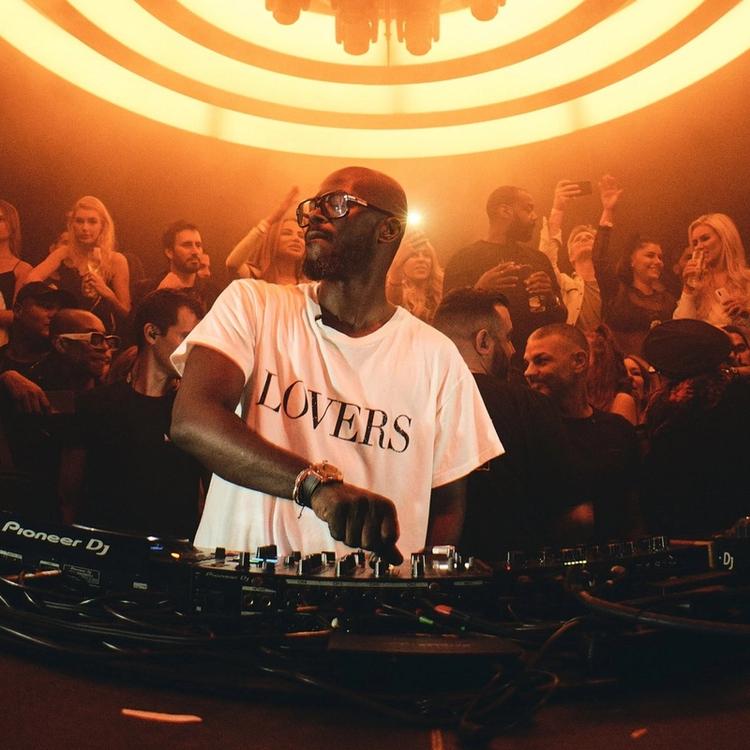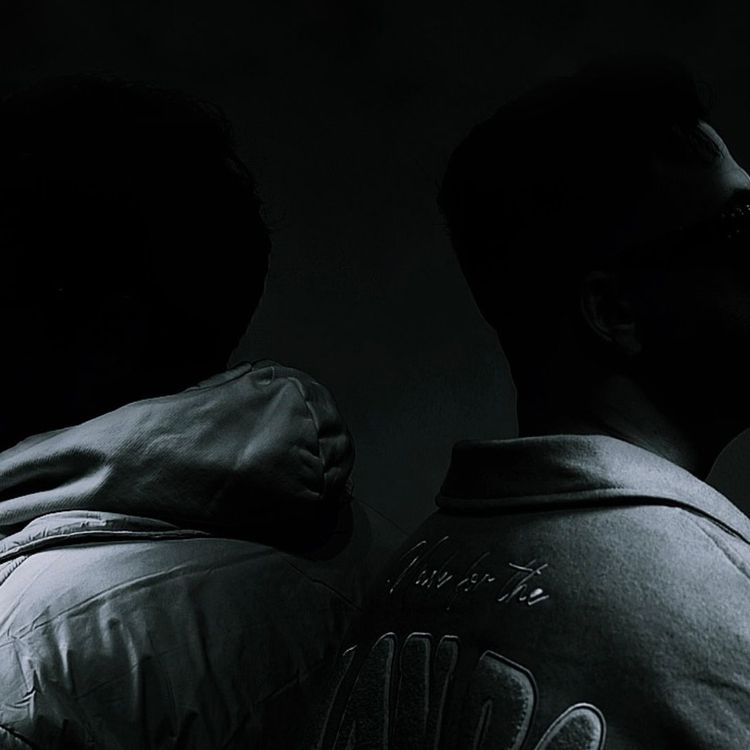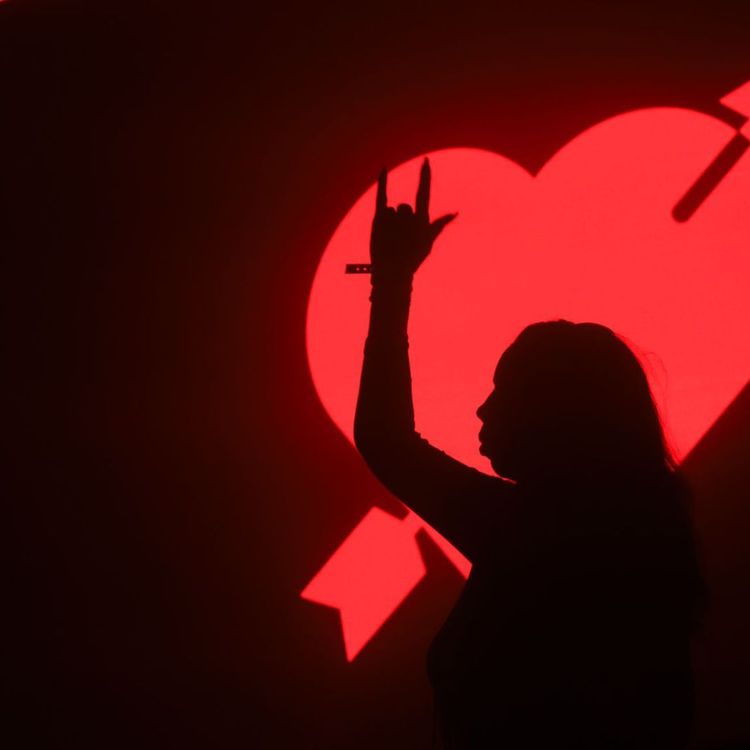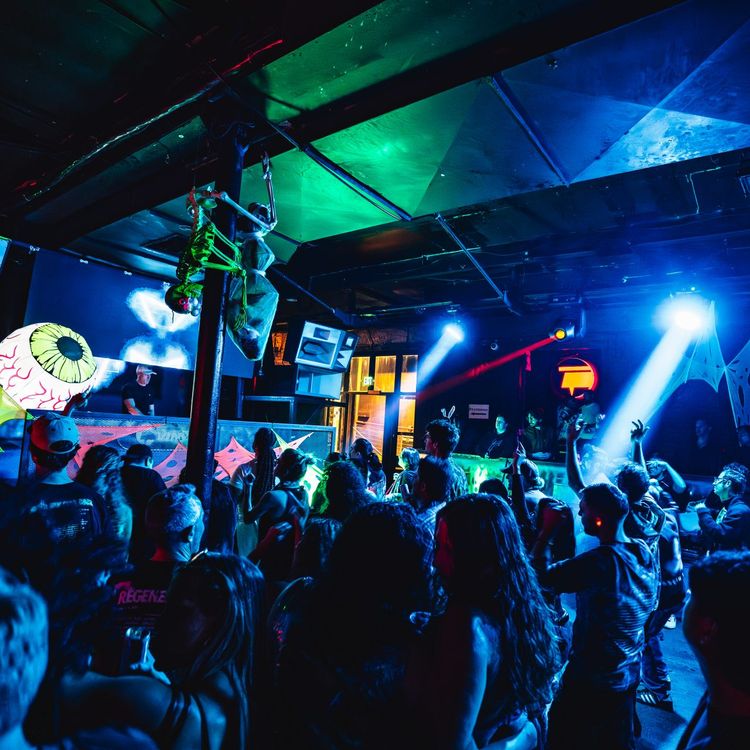How South Africa Created the Blueprint for Afro House
House music is in the middle of a mainstream moment again with the recent release of Drake’s latest studio album, Honestly Nevermind, and Beyonce’s lead single, “Break My Soul.” from her forthcoming Renaissance Act I. The somewhat unexpected foray into house music by these big acts has renewed conversations about the genre’s place in and impact on popular culture.
House is first and foremost Black music. Black queer music, to be even more precise. The genre’s origin story is multi-layered and connects the east coast, midwest, and deep south of the United States with the Caribbean and continental Africa through a story of physical and sonic movement.
Bubbling up in early 80’s Chicago in the wake of disco’s decline and the AIDS crisis, the music and the spaces it created often became sanctuaries for those who society had decided to turn their back on. House music was popularized by such early figures as Ron Hardy, Frankie Knuckles, Mr. Lee, Chip E Farley, JM Silk, Marshall Jefferson, Larry Levan, and Larry Heard, aka “Mr. Fingers.”
Often utilizing the Roland TR-808 and the TR-909, early “house music” was so called as it referred to “The Warehouse” nightclub in Chicago’s South Side run by Knuckles. House music allowed producers to create its rhythms without access to a traditional recording studio.
House as a music subculture is mother to a myriad of subgenres of style within it. Often a reflection of their geography (for example, UK garage), Afro house finds its stylistic distinction rooted in the land and histories of continental Africa. The genre finds its beginnings in South African cities such as Pretoria, Durban, Cape Town, Johannesburg, and Soweto, combining elements of traditional sounds, deep house, and kwaito.
Kwaito is a genre of music developed in nineties South Africa, which blends house with African sounds and samples. Early style of kwaito, which combines everything from bubblegum disco tracks to traditional praise poetry, is usually played at a slower tempo than traditional house. The term developed from the vernacular of the townships where Afrikaans words weave into the Iscamtho township vocabulary, “kwaai” in Afrikaans means hot, angry.
In 1994 the South African system of apartheid ended with the African National Congress taking power under the leadership of the recently released Nelson Mandela. While its rhythms and lyrics may not be overtly political, Afro house’s development in post-apartheid South Africa spoke to the desire for release and freedom.
While utilizing the traditional tempo of house music, Afro house compositions and sets often take on a narrative quality. Listeners and dancers are taken on a journey from the primordial to the present and into the future. As a result, the music crescendos and abates, often played at a faster tempo (roughly 145-165 bpm) than the deep house and soulful house (roughly 120-130 bpm) that it incorporates into its distinctive sound. This uptick in tempo is especially present in Portuguese Afro house, for example, DJ Firmeza’s “Angola Rijo Na Terra PDDG” or DJ Tatz Bless’s 2018 “Club Controller” mixtape.
Kuduro, an uptempo genre combining electronic sounds with traditional Angolan rhythms, along with Kwaito, influenced the sound and dance culture of Angolan Afro house, which weaves in the local languages of Calão (Angolan Portuguese) and Lingala from the Democratic Republic of Congo.
Afro house has distinctive styles, with some music preferencing traditional tribal sounds and incorporating afrobeat while others incorporate more deep house, Chicago, and New York soulful house to create an even more hybrid sound.
Youth culture in European cities, like Lisbon, where there is a sizeable Angolan diaspora, have contributed to Afro house’s rich sonic palate.
Kuduro, widely popular in Portugal, is an integral component, but the Afro Portuguese style also includes batida, kizomba, funaná, house, afro house, and tarraxinha, genres mostly but not only rooted in Angola, Cape Verde, and São Tomé E Príncipe.

Dj Firmeza
DJ’s Do Guetto Vol.1, released in 2006, is considered a landmark of the genre, with current acts like DJ Firmeza and DJ Liofox paying frequent homage. The unique culture of Afro-Portuguese Afro house developed amid Portugal’s discriminatory urban planning. With most of its African-born or descended residents living outside city limits, economic isolation imposed both hardship and an artistic distance that ironically provided space for musicians to create something entirely their own.
Musicians in the United States have also had a hand in shaping the sound of Afro house. Figures like Joe Causell and Ron Trent have worked the polyrhythms of African sound into their compositions since the mid-eighties. Claussell and Trent’s signature production styles combining electronic effects, live instrumentation, and Caribbean and African-influenced percussion are heard on tracks like “All Loved Out” and “Pop, Dip,” and Spin.”
Afro House’s landscape of influence continues to expand as its sound interacts with the diasporas in the States and the Caribbean. Unique places of reach for the genre are cities in the south, such as New Orleans, where a diverse house scene thrives among the city’s more well-known offerings. Collectives like Ascendance, Idapo, and Set de Flo, led by DJs Chinua, Funke, and Lil Jodeci, respectively, provide space for a community of listeners and musicians to grow.
Afro House has already produced offshoots such as amapiano emanating from South Africa and gaining worldwide popularity. Amapiano blends a slowed, Deep house with jazz, lounge sounds, synths, and percussive basslines.
South Africa’s most well-known Afro House musician, Black Coffee, released his self-titled debut album in 2005. He has become prominent among Afro house producers, including producing several tracks and executive producing on Honestly Nevermind.
The genre only continues to become more popular, raising concerns about appropriation and the potential whitewashing of its history as more people become a part of its listenership and bigger entities look to participate in Afro house. As such, the community built around the creation and appreciation for the roots of Afro house and house music will become an essential part of preserving the culture and continuing to push it forward into the future.
